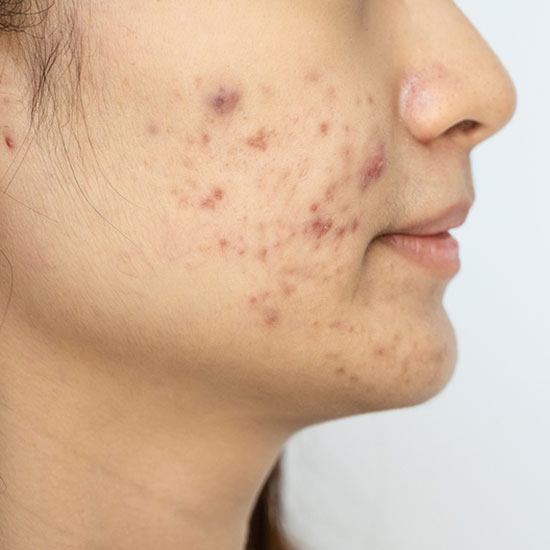Although most people think of acne as something that affects teenagers, the reality is that people of all ages get acne. It doesn’t matter when you get it, the question I hear is “how do I get rid of it?” Wishing it away won’t work. Scrubbing it away will make it worse. And, picking at it? Just don’t do it!
What exactly is acne
Acne is an inflammatory skin condition that causes whiteheads, blackheads, or red bumps, and appears on more than just the face. You can have breakouts on your chest, upper back, and shoulders.
The main factors that contribute to acne include excess oil production; pores that get clogged by oil and/or dead skin cells; bacteria on the skin; excess hormonal activity; stress; and genetics.
Acne triggers
The most common triggers for an acne flare-up include:
- Hormones. Changes in hormones can result in severe breakouts. This often happens to women who are pregnant, taking birth control, or going through menopause.
- Medications. Some medications can alter your body’s hormonal balance and lead to acne.
- Stress. There’s a connection between stress and acne breakouts. When your body produces more androgens, it can overstimulate oil glands in your skin, leading to acne lesions.
- Products. If your lotions, makeups, and hair products are too oily or thick, they can cause acne flare-ups.
- Genetics. If one of your relatives had acne at any point in their life, you are more likely to develop it as well. For many patients with hereditary acne, it is common to have flare-ups well into adulthood.
Treatments
As a Chicago dermatologist, I am pleased to offer treatment options:
- Topical Medications: Retinoids are effective at opening up the pores by regulating epithelial growth and cell proliferation. Medications that contain active ingredients such as dapsone and antibiotics are helpful in treating inflammatory lesions of acne.
- Oral Medications: If you have larger red bumps or cysts, I may prescribe oral antibiotics or anti-hormone fighting oral medications.
- Isotretinoin: For severe acne, I may prescribe a very strong medication named isotretinoin, taken as a pill. It’s only used for severe acne that hasn’t responded adequately to other treatments. Isotretinoin has many side effects, and we’ll talk about these before a patient starts on this treatment plan.
- Laser: And now, we are pleased to offer AviClear— a new, state-of-the-art acne solution for our patients struggling with mild to severe acne. It’s a laser treatment that provides a safe, prescription-free solution, and is a faster and more effective way to clear your facial skin and keep it that way. This is the first and only FDA-cleared energy device for the treatment
Here for your dermatological needs
To learn more about how to reduce acne breakouts or to schedule a consultation, please feel free to contact us to make an appointment.

